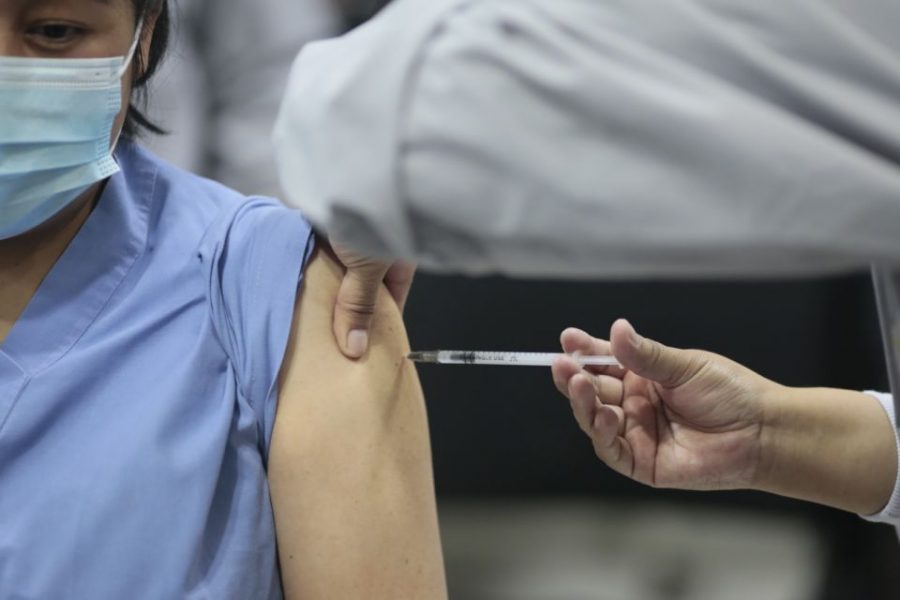COVID-19 vaccines advancing; but so is the controversy surrounding them
February 1, 2021
As if there weren’t enough controversial topics to swarm 2020, we can now add COVID-19 vaccinations to the long list. There are still lingering questions among concerned citizens but in the past month, we’ve seen rapid advancements in both the distribution and debate on the COVID-19 vaccination. With over 25 million confirmed COVID-19 cases in the United States, vaccinations are of major urgency. Despite the chaos of the COVID-19 controversy, here’s what we know:
- On October 22, 2020 the Food and Drug Administration (FDA) approved Veklury (remdesivir) as the first drug to treat the virus.
- The FDA then administered an Emergency Use Authorization (EUA) which allows for the distribution and use of “medicinal countermeasures, including vaccines during public health emergencies.” The “emergency” aspect of an EUA allows treatment to take place without undergoing the formal FDA approval process.
- On Dec. 14, 2020 the first COVID-19 vaccinations were strictly administered to front-line healthcare workers across hundreds of hospitals throughout the United States. In total, 150 hospitals received millions of doses of the Pfizer/BioNTech vaccine.
- Early January 2020 California expanded this COVID-19 vaccine distribution to citizens 65 and up, residents and employees in long-term care facilities, emergency services, and Federal law enforcement.
- Currently, Phase 2 is set to take place in February-March 2021. This second round of COVID-19 vaccinations is expected to extend to a wide range of workers including those involved in early education, the food/retail industry, court systems, and public health.
Given the facts, there are still several controversies regarding COVID-19 vaccinations that continue to circulate among concerned citizens. To start, there are ongoing ethical concerns regarding whether the vaccine should be mandatory. Although legal mandates are direct indications of support for immunizations, they “can undermine public support, creating a backlash and even reducing vaccine uptake.” Some citizens argue that making vaccinations mandatory undermine personal freedoms as well as their right to decide.
In addition, there is a debate from the anti-vaccine community on whether the various “ingredients” that make up the COVID-19 vaccine, are in fact safe. Those opposed in the anti-vaccine community suggest the vaccine is highly dangerous, and question the speed at which it was produced.
A number of these debates are popping up across social media platforms such as Twitter and Facebook, containing various threads and arguments from both pro and anti-vaccination organizations. In one private Facebook group titled Vaccine Talk, over 500,000 members are either, “pro-vaxx,” or, “anti-vaxx,” and those that are undecided host controlled and evidence-based discussions daily.
Regardless of your opinion(s) on vaccines, it is important to be mindful of misinformation. Not every post you see will be factual. Research and then when you think you’re done, research some more because the one thing at stake is your health.







